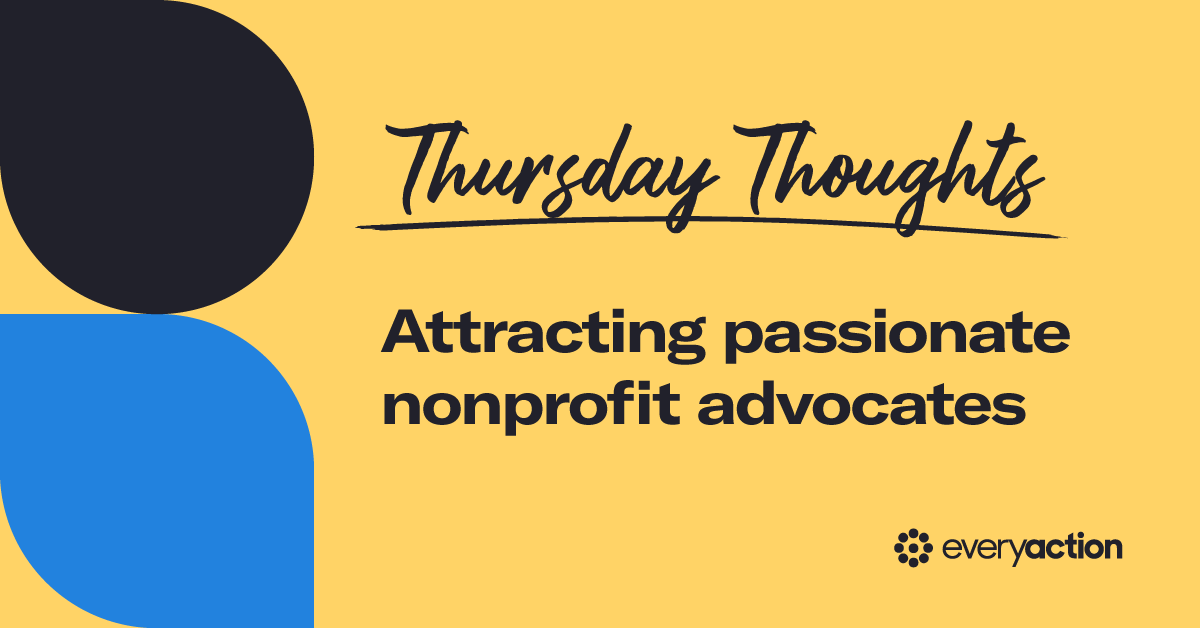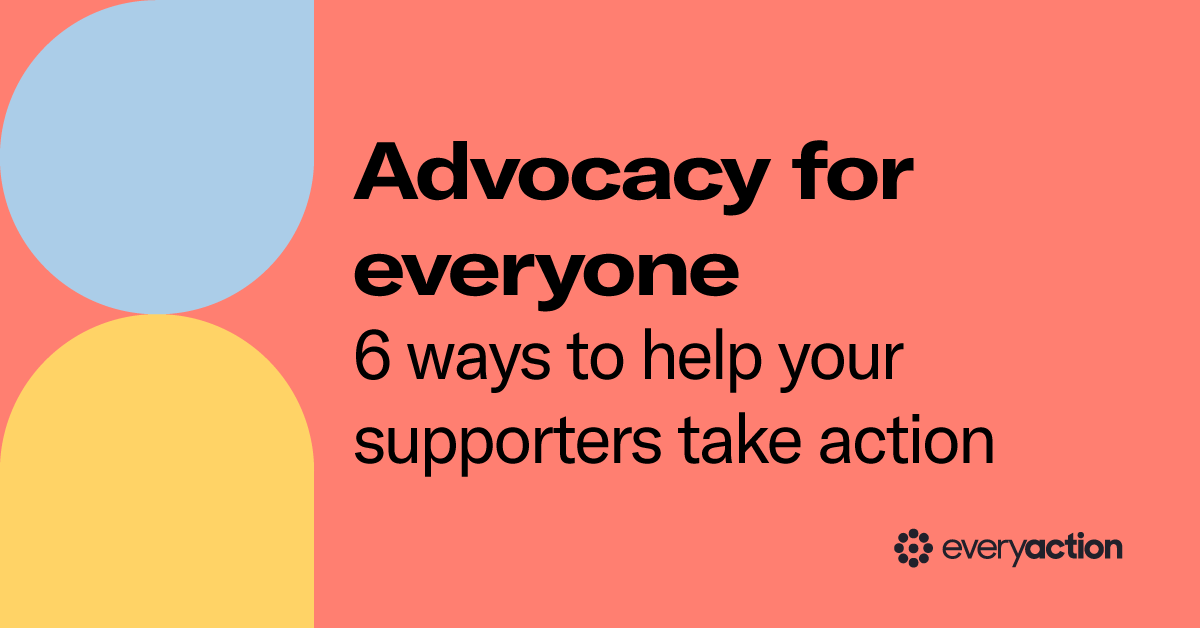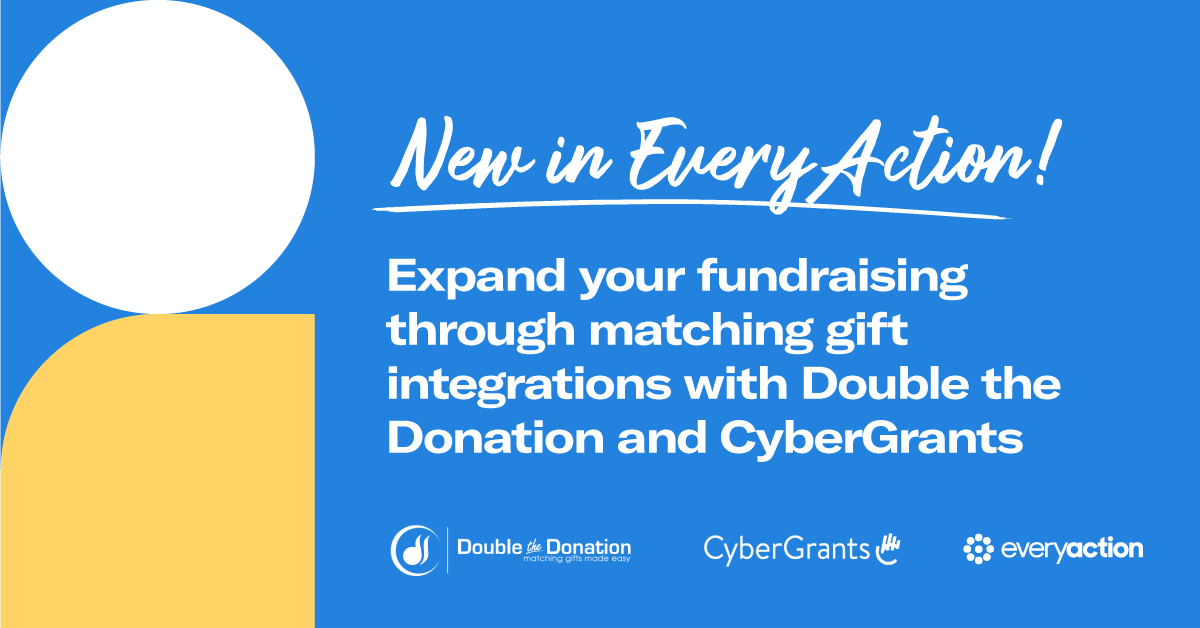New on EveryAction: Better, More Inclusive Data with Non-Binary Gender Options
EveryAction is a mission-driven company that works every day to help nonprofits change the world—whether they’re simply looking to engage more supporters or advocate for a meaningful cause. Taking our company’s values to heart, we believe the tools we build should reflect the values that matter to us and our clients—of diversity, inclusion, and social justice, to name a few.
Historically and currently, the vast majority of software companies have excluded and continue to exclude non-binary folks from their systems. As someone who identifies as Gender Queer and used to identify as transgender, I know it’s a glaring industry problem that should be addressed. When I began hearing feedback from clients, friends, and coworkers who felt the same way as me, I decided to make some changes, which were long overdue.
Over the past few months, we spent time listening and thinking about how to make our platforms more inclusive and better reflect our values on this front. Beyond just inclusivity, it’s our goal to help nonprofits build the most complete, accurate picture of their supporters, volunteers, and donors. That means allowing campaigns and nonprofits to address people correctly, use the right pronouns, and record supporters’ gender identities.
With that in mind, I’m excited to announce some small, but meaningful changes to EveryAction:
First, users now have the ability to assign non-binary gender pronouns to contact records, allowing organizations to address their donors, supporters, or volunteers in a more appropriate way:
Also on an individual’s contact record, the “Race, Ethnicity, Language” page section has been changed to Self-Reported Demographics. Within this page section, users can apply multiple values per contact for the “Gender” drop-down using type-ahead searching or selecting the values from the dropdown:
We listened to partners at leading organizations like the National Center for Transgender Equality, Equality Texas, Forward Together, and others in order to make these changes. Some people will say it’s about time—I agree.
We want to get this right, and still have room to improve. So please, let us know what you think—how can we make our tools even more inclusive and accurate? Email me here.


